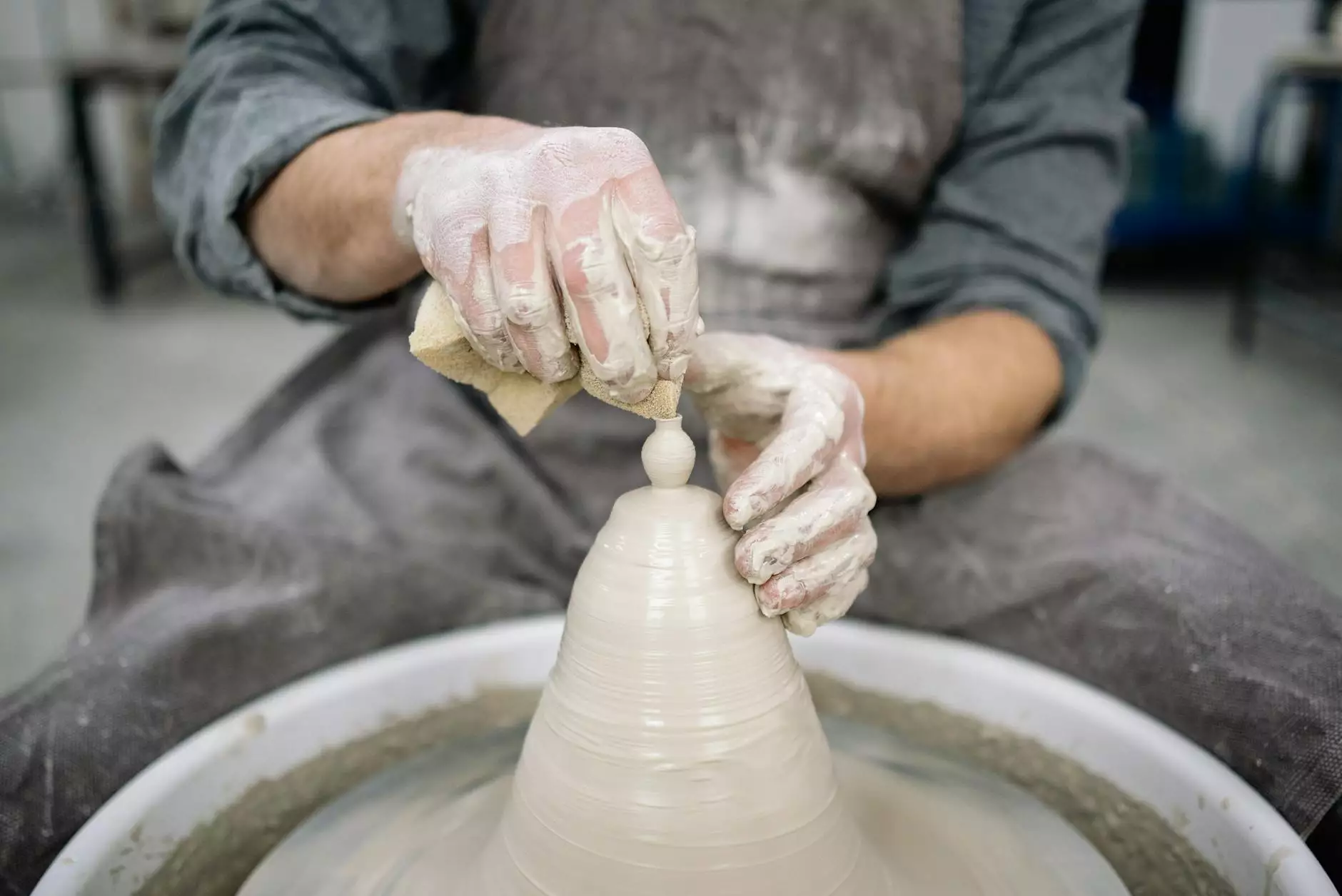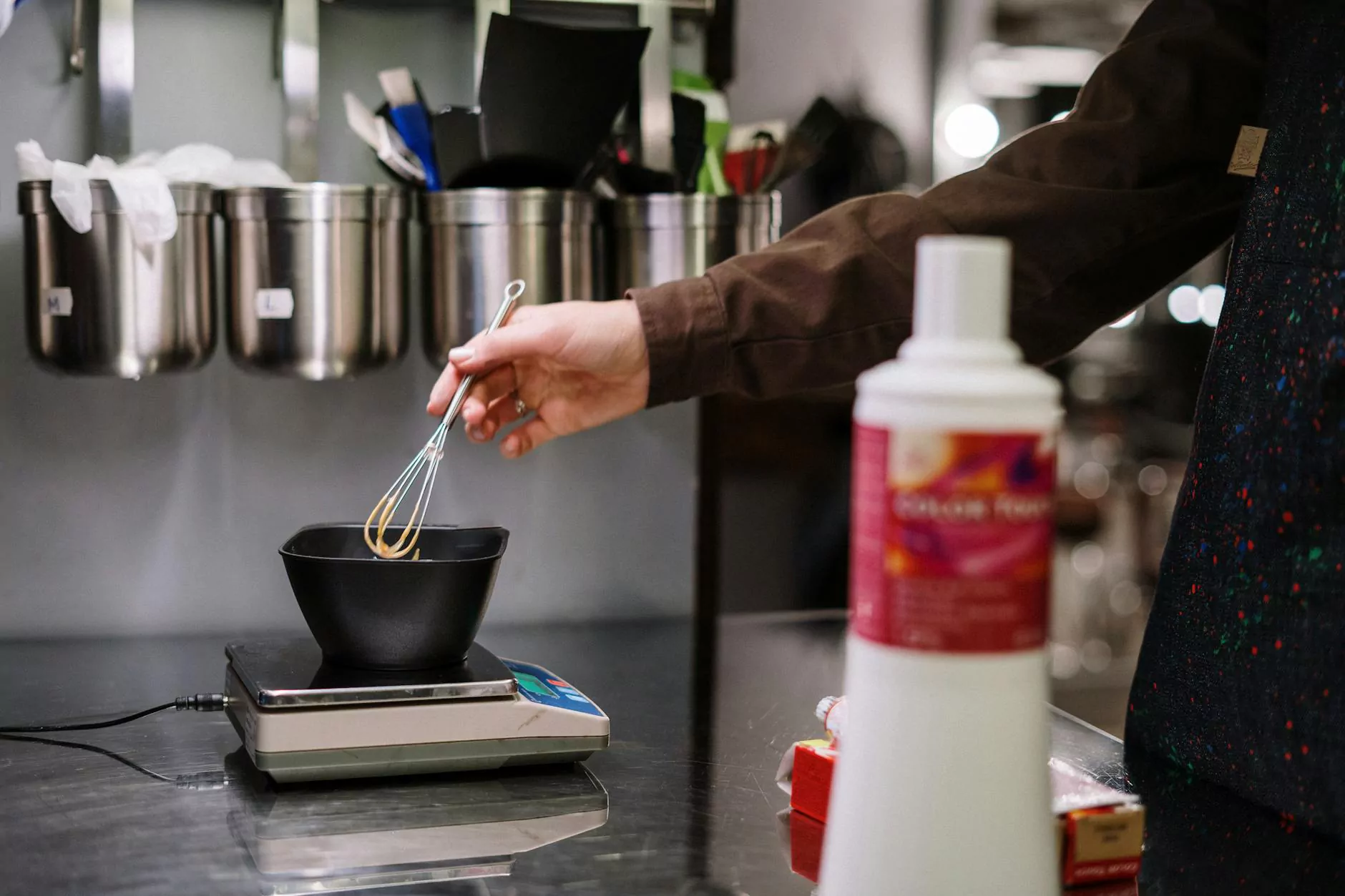Understanding Plastic Injection Molding Companies

Plastic injection molding companies play a pivotal role in modern manufacturing, creating a diverse array of products that cater to numerous industries. From automotive to medical devices, these companies are essential in transforming raw plastic materials into finished goods that meet precise specifications.
What is Plastic Injection Molding?
Plastic injection molding is a manufacturing process that involves the injection of molten plastic into a mold, where it cools and solidifies into the desired shape. This process is highly efficient and capable of producing large quantities of identical parts, making it ideal for mass production.
Process Overview
The process of plastic injection molding involves several key steps:
- Material Selection: Companies begin by selecting the appropriate type of plastic resin based on the requirements of the finished product.
- Injection: The chosen resin is heated until it becomes molten and is then injected into a mold under high pressure.
- Cooling: Once the mold is filled, the plastic cools and solidifies, taking the shape of the mold.
- Mold Removal: After cooling, the mold is opened, and the finished part is ejected.
- Trimming and Finishing: The final step may involve trimming excess material and additional finishing processes to ensure a perfect product.
The Importance of Plastic Injection Molding Companies
Plastic injection molding companies are vital across various sectors due to their ability to produce complex shapes with high precision and repeatability. They not only provide essential components but also drive innovation and efficiency in production processes.
Advantages of Plastic Injection Molding
- Cost-Effectiveness: When producing large quantities, the cost per unit decreases significantly, making it an economical choice for manufacturers.
- Versatility: A wide range of plastics can be used, which opens up possibilities for numerous applications, from consumer products to industrial components.
- Speed: The injection molding process boasts high cycle times, leading to faster production rates.
- Consistency: The process provides excellent consistency and quality control, ensuring that each part meets the required specifications.
- Reduced Waste: The process is designed to minimize waste, as excess material can often be recycled and reused in production.
Key Applications of Plastic Injection Molding
Plastic injection molding is used in a variety of industries. Here are some key applications:
1. Automotive Industry
The automotive sector relies heavily on plastic injection molding for producing interior and exterior components, such as dashboards, bumpers, and panels. These parts are essential for weight reduction and enhancing fuel efficiency.
2. Consumer Electronics
With the rapid growth of consumer technology, injection molding has become crucial for creating housings for electronic devices, such as smartphones, laptops, and game consoles. These plastic components often feature intricate designs that offer both functionality and aesthetic appeal.
3. Medical Devices
Plastic injection molding is critical in manufacturing medical devices. Precision and sterility are paramount in this industry; thus, components such as syringes, surgical instruments, and casings for electronic medical devices are produced through this efficient method.
4. Packaging
Many packaging solutions, such as containers, closures, and trays, are created using injection molding. This method allows for the production of lightweight yet durable packaging materials that are essential in food safety and consumer goods.
Choosing the Right Plastic Injection Molding Company
Partnering with the right plastic injection molding company is crucial for achieving desired results. Here are some factors to consider:
1. Experience and Expertise
Look for a company with a proven track record in your specific industry. Experienced manufacturers understand the nuances of different applications and can offer tailored solutions.
2. Technology and Equipment
The best injection molding companies invest in cutting-edge technology and modern machinery. Advanced equipment facilitates higher precision, faster production times, and innovative designs.
3. Quality Assurance
Ensure that the company follows stringent quality control processes. Certifications such as ISO 9001 can be indicators of a commitment to quality and consistency.
4. Customer Service and Support
Choose a company that prioritizes customer relationships and offers robust support throughout the project. Open communication helps in addressing concerns and achieving timely solutions.
Conclusion
In summary, plastic injection molding companies are integral to a wide range of industries, contributing to the efficiency and quality of numerous products. By understanding the processes involved and the benefits offered by these manufacturers, businesses can make informed decisions when selecting a partner for their production needs. Remember that factors such as experience, technology, and a focus on quality are paramount when seeking out the best injection molding partners.
Contact Deep Mould for Your Plastic Injection Molding Needs
If you're looking for a reputable company in the field of plastic injection molding, consider reaching out to Deep Mould. With expertise in metal fabricators and a commitment to excellence, Deep Mould is positioned to deliver outstanding results tailored to your specific requirements. Visit deepmould.net to learn more about their capabilities.
Frequently Asked Questions (FAQs)
1. How do I get a quote from a plastic injection molding company?
Contact the company with details about your project, including design specifications, material choices, and quantities needed. Most companies will provide a preliminary quote based on this information.
2. What materials can be used in plastic injection molding?
A variety of thermoplastics and thermosetting plastics can be used, including ABS, polypropylene, polycarbonate, and nylon, depending on the specific requirements of your product.
3. What is the typical lead time for a plastic injection molding project?
Lead times can vary based on factors such as the complexity of the mold, the type of materials used, and the company's production capacity. Generally, timelines can range from a few weeks to several months.
4. Can prototypes be created using plastic injection molding?
Yes, many companies offer rapid prototyping services, allowing clients to test designs before committing to full-scale production. This can help in identifying and resolving any potential issues early in the process.
5. Is injection molded plastic recyclable?
Many types of injection molded plastics are recyclable, depending on the resin used. Always check local recycling guidelines to understand how to dispose of injection molded products responsibly.









